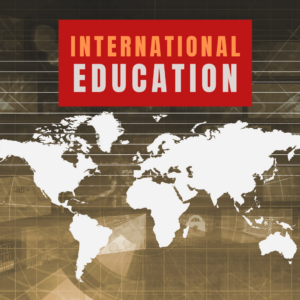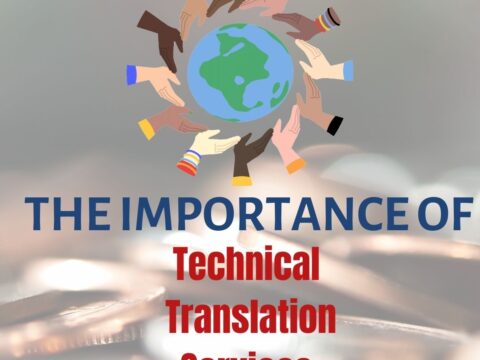I had an opportunity to chat with Doruntina Alshiqi about the education system in Kosova. I love hearing how learning is accomplished around the world. It reminds me that we live in a bubble, thinking our approach is great but often, other systems work just as well. I found it fascinating to hear Doruntina’s experience. I think you will too.
***
 Primary education is provided for students here. It consists of schooling from grade one through five. This is a requirement by law for all children and students enroll at the age of six. The second component of education is the lower secondary educational system, which is usually for teens around 12 to 15 years of age. It provides education through grade nine. This is publicly funded and free of charge.
Primary education is provided for students here. It consists of schooling from grade one through five. This is a requirement by law for all children and students enroll at the age of six. The second component of education is the lower secondary educational system, which is usually for teens around 12 to 15 years of age. It provides education through grade nine. This is publicly funded and free of charge.
From here, students move on to secondary education. This is either professional education or general education. Most students spend three to four years at this level. This level of education is not a requirement under law, though. Most students who enroll in it do so to learn trades and skills that they will use to build their careers and lives with. These schools have a goal to prepare students for vocational work directly out of school or to prepare them to enter university.
Higher Education in Kosovo
Much of the country is rebuilding and reorganizing. This includes the educational system in the country. Universities and educational institutions provide higher education in Kosovo. Both private and public schools are available here at this level. Students are able to earn an associate’s degree, which generally takes under two years to complete in a specialized area of study, a bachelor’s degree, which takes between three and four years to complete, or a masters degree, which can add an additional two to three years of education on. Post graduate education to earn a PhD is also available. Many students enroll in these programs part time, though full time education is still widely available as well.
It is important to note that many of the schools, under the guidance of the Ministry of Education, Science, and Technology is being altered. The goal is to align the educational system along the lines of other European countries.
The Best Universities in Kosovo
- University of Pristina, located in the city of Pristina as a public university
- AAB University, located in the city of Pristina as a non-public university
Each of these schools set the requirements for enrollment both at the domestic and the international level. Students generally will need to apply directly to the school to learn about qualifications and costs for tuition. These can range significantly with private schools tending to be more expensive than public universities. International students are welcoming, though, at both.
Travel Visa Requirements
Once you decide to obtain your education in Kosovo, you can apply to enroll in one of the universities. Once you do that, you can obtain the required student travel visa. An application with the Kosovo government, though a consulate or embassy can help students to do so, is required. A fee is paid at this time. The individual must also submit a letter from the school indicating their acceptance into the program of student, as well as information about the student’s living arrangements.
Students will need to show they have financial stability enough to live in the country and support themselves while doing so. The country does not provide health insurance to international students. Purchasing a policy from a third party is often a good idea, though a student who enrolls in a travel package may already obtain this.
Universities in Kosovo are trying their best to try to encourage overseas students to study in Kosovo, in their capacities. There much to be done in this regard, but the interest from international students is there.
For example, at AAB University, there are many interested students from abroad who want to study there. The two main faculties, in which they enroll, are: Computer Science Faculty and English language and Literature Faculty.
Local students are very much interested to study abroad, to experience the European dream. This is done by different exchange programs, such as: Erasmus+. Their interest and willing to study abroad is to gain knowledge, come back and implement and serve that knowledge to their country.
More on education around the world
Chinese Class vs. American Class
Educational Advice From Finland
5 Reasons Class Size Does NOT Matter and 3 Why Large is a Good Thing
Jacqui Murray has been teaching K-18 technology for 30 years. She is the editor/author of over a hundred tech ed resources including a K-12 technology curriculum, K-8 keyboard curriculum, K-8 Digital Citizenship curriculum. She is an adjunct professor in tech ed, Master Teacher, webmaster for four blogs, an Amazon Vine Voice, CSTA presentation reviewer, freelance journalist on tech ed topics, contributor to NEA Today, and author of the tech thrillers, To Hunt a Sub and Twenty-four Days. You can find her resources at Structured Learning.



































I love hearing about how education is ‘done’ in other countries too, Jacqui. Thanks for sharing this information about Kosovo.
I do, too. I wish more readers would write about that for me. I had one from Scotland but it just didn’t work out.
I agree. It would be good to hear from educators all around the world.